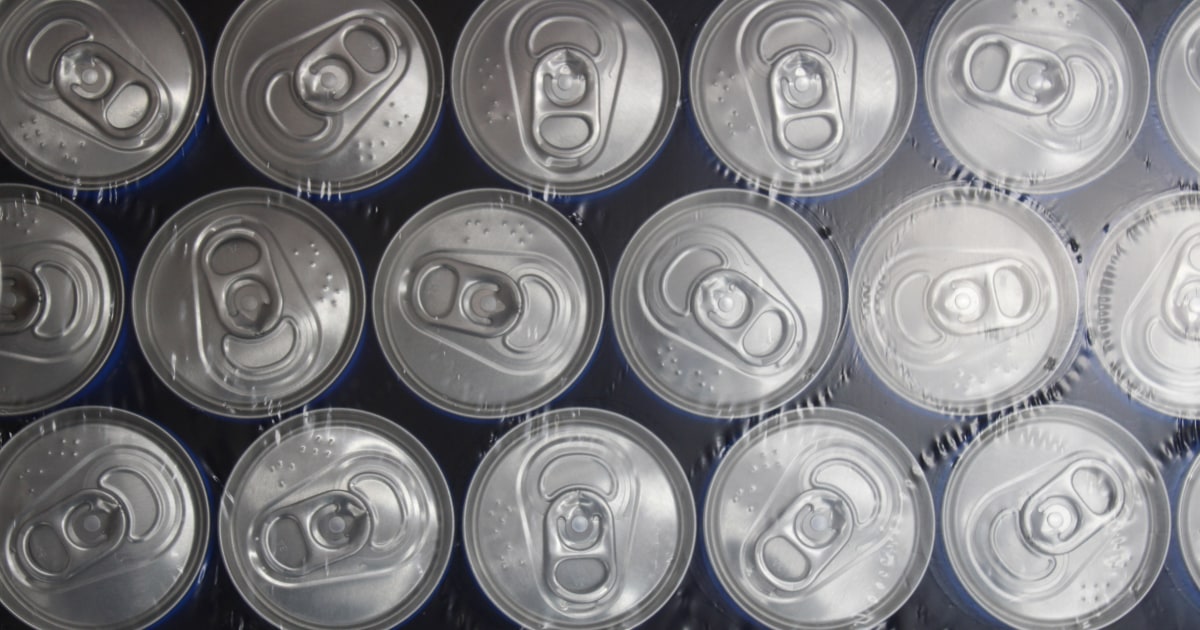The FDA said it had concluded that BVO was not safe for use after the results of studies, it conducted in collaboration with the National Institutes of Health, found the potential for adverse effects in humans.
The agency had first proposed to revoke the regulation in November 2023. According to the Center for Science in the Public Interest, BVO was banned in the UK in 1970, followed by India in 1990, the EU in 2008 and Japan in 2010.



PepsiCo and Coca-Cola have removed BVO from their drinks such as Gatorade and Fanta, respectively.
“Sun Drop, manufactured by Keurig Dr Pepper, still uses BVO … This is probably the biggest national brand that still uses it,” said CFRA Research’s Arun Sundaram.
Keurig Dr Pepper did not immediately respond to a Reuters request for comment.
India, a country considerably more blasé about safety standards than the US, had already banned it a generation ago. Terrifying negligence on behalf of the FDA. How much money could this have possibly saved the megacorps?
It used to be safe?
Considered safe. Considerations are influenced by adequate research, ideally.
Lead used to be considered safe in paint, asbestos used to be considered safe for napkins, cigarettes used to be considered safe to smoke, cocaine used to be considered safe to drink, etc.
I am just waiting for the next “asbestos” to come to light in home construction. I am betting on drywall sooner or later being considered hazmat to disturb. Plastics are emerging as a bigger problem, so we will see how that all pans out.
It’s worse than that. Ancient Romans knew that lead could poison you and no one ever forgot. They all kept using it anyway because lead was cheap.
The Romans even knew about asbestos, there were recommendations to not buy slaves from the asbestos mines because of the poor health associated.
Oddly enough, they still wiped their faces with the stuff because those napkins and towels could be cleaned by throwing them in fire.
Okay but that is a very cool way to clean napkins
Lead is still used as a gasoline additive for some applications. It was only banned for sale for on road vehicles in the 90s. Prior to 1975 just about every car on the road was spewing it from the tail pipe.
Then we put it in gasoline knowing damn well that the poisionous lead would spew out the exhaust, it took us decades to reverse that decison as well and it only really happened when engine knocking had been resolved.
Even now, it’s legal in aviation fuel.
At least its not idling in the school parking lot anymore where children are closer to the exhausts and less aware of the risks.
the article left out the word, “considered”
or the FDA did
Everything that the FDA doesn’t declare as “known” or “proven” safe within defined limits are “considered” safe or may be allowable to a defined limit. It is their cute little scapegoat should a substance they allow be proven unsafe and then they would face a greater risk of lawsuit had they determined it was known or proven safe.